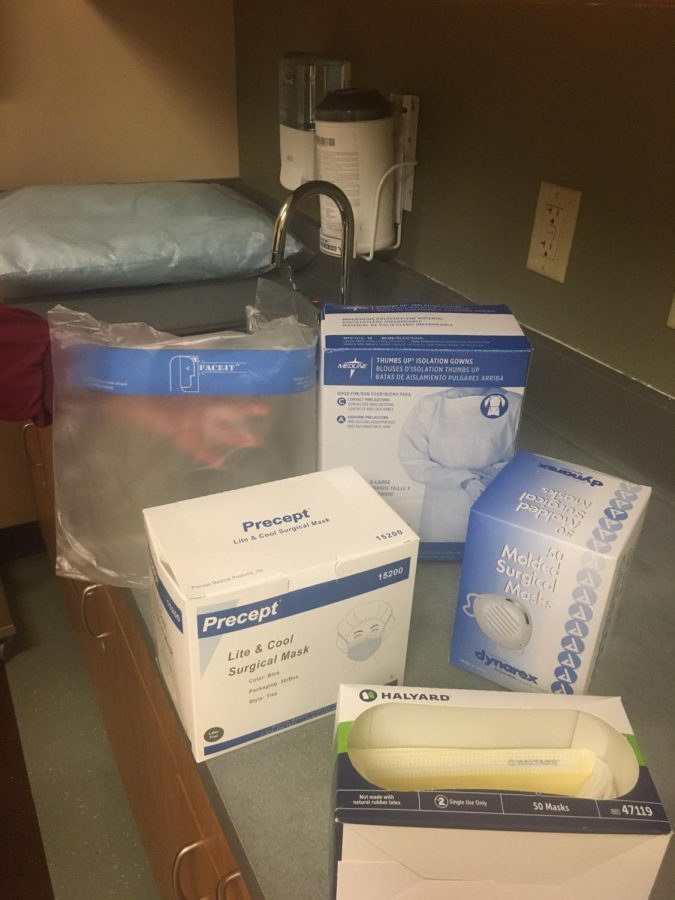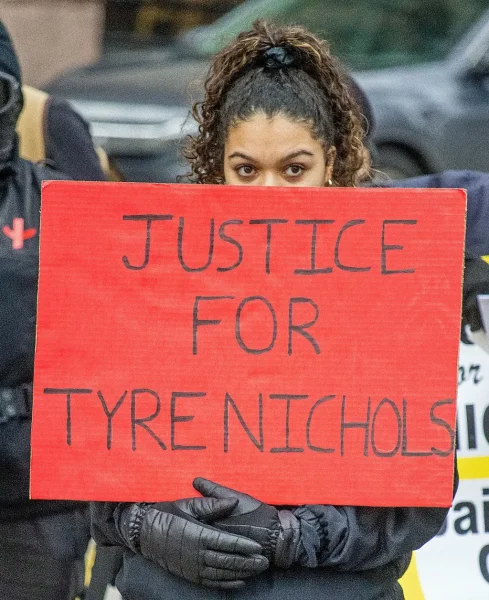Coronavirus Pandemic: How Hospitals Handle It
Kennedy Bell
Coronavirus Pandemic: How Hospitals Handle It
According to the World Health Organization, coronavirus disease (COVID-19) is an infectious disease caused by a newly discovered coronavirus. The illness can have minor effects on the body such as the common cold or it can even be fatal. In December of 2019, a new strand of Coronavirus known as COVID-19 was introduced to humans supposedly by animals. As a result, the world has had to implement many changes.
While the outbreak has affected everyone, it has particularly hit hospitals hard. Hospitals around the world have had to adjust and are facing some major concerns. First, the results of people not following the social distancing order which advises to practice “social distancing,” meaning staying 6-10 feet apart and trying to limit exposure to large crowds . Despite the order, some of the younger generations are not taking heed of the warning, putting their risk of exposure to the virus very high. While it is very unlikely that younger people will die, they do have the ability to spread the disease without even knowing they have it.
Second, the asymptomatic properties of COVID-19 make it very dangerous, not only for common people but especially for the physicians who work in hospitals. Hospitals face workforce shortage if physicians and other providers are exposed. Front line healthcare workers are at a much higher risk of exposure due to lack of Personal Protective Equipment such as masks, gloves, and eye protection. Even though the Coronavirus outbreak is a major issue, the physicians at Regional One Health must continue to operate their level 1 trauma center. Trauma surgeon and chief medical officer, Dr. Martin Croce says, “Another problem is that we must still provide care for trauma patients, burn patients, sick babies, and mothers with problems with their pregnancy.”
Third, hospitals face a potential lack of capacity for patients and equipment . If too many people get sick too fast, hospitals will struggle to get patients the treatments they need in the amount of time that they need them. Already around the United States, organizations are lending spaces to hospitals so they can set up temporary hospitals to house more patients. In many hospitals there is a lack of COVID-19 tests which presents a new problem. Even if hospitals were to get more tests, the results can take up to 5 days to receive. By that time a person could have spread the disease to numerous people.
Unfortunately, there are still many things we don’t know, such as how long the outbreak will last and how bad it will get. Despite the uncertainty, Regional One is working on plans to persevere through the pandemic. They have started screening everyone- including patients and physicians-isolating patients with coronavirus or that present symptoms, and allowing people to work from home. Dr. Croce states, “These things all require careful planning and many people contribute to a successful outcome.” The CDC says if you do feel sick , to stay at home and away from people unless you need emergency medical attention.









GloriaPinnix • Apr 1, 2020 at 11:45 pm
Kennedy you did a awesome job and thanks for reminding the younger generation that this is serious and they need to help by social distancing ! Also you summed it’ all up for us to under how the doctors and hospital’ are doing a very good job on keeping us safe while risking their lives. Again Awesome Job!
Wendy Youmans • Apr 1, 2020 at 1:14 pm
The CDC & World Health Organization should teach More Prevention measures to the public. Scientifically It is well documented that over 70% of our natural immunity is found in our GUT. Improving Our Gut health with better nutrition, probiotics & digestive enzymes should be encouraged just as much as washing our hands & distancing ourselves. Many of us suffer from gut imbalances with poor diets heavy in non-nutritive foods or most things that shouldn’t even be considered food, but poison. These things have a huge impact our natural immunity & the body’s ability to fight disease & viruses . Sickness has been a huge business until this point & now it’s out of what the health system itself can control. Practice prevention & promote more ways to improve natural immunity & health. Don’t wait for the development of a potential vaccine to help yourself. Many of the flu vaccines that have been developed were less than 20% effective anyway. We must improve our education on the functions of the body & it’s incredible ability to heal itself when nourished properly & consistently.
Helena Bell • Mar 30, 2020 at 6:01 pm
Thank you Kennedy for this informative report. Job well done!
Pamela Whitaker • Mar 30, 2020 at 12:06 pm
Very informative article. Thank you Kennedy
Brookie • Mar 30, 2020 at 9:59 am
Very informative! Great work!
Tomyka Chaney • Mar 30, 2020 at 9:58 am
Great job! Thanks for sharing your knowledge.
Angela Brade • Mar 30, 2020 at 9:35 am
Great article- very informative. I am
Looking forward to your next article